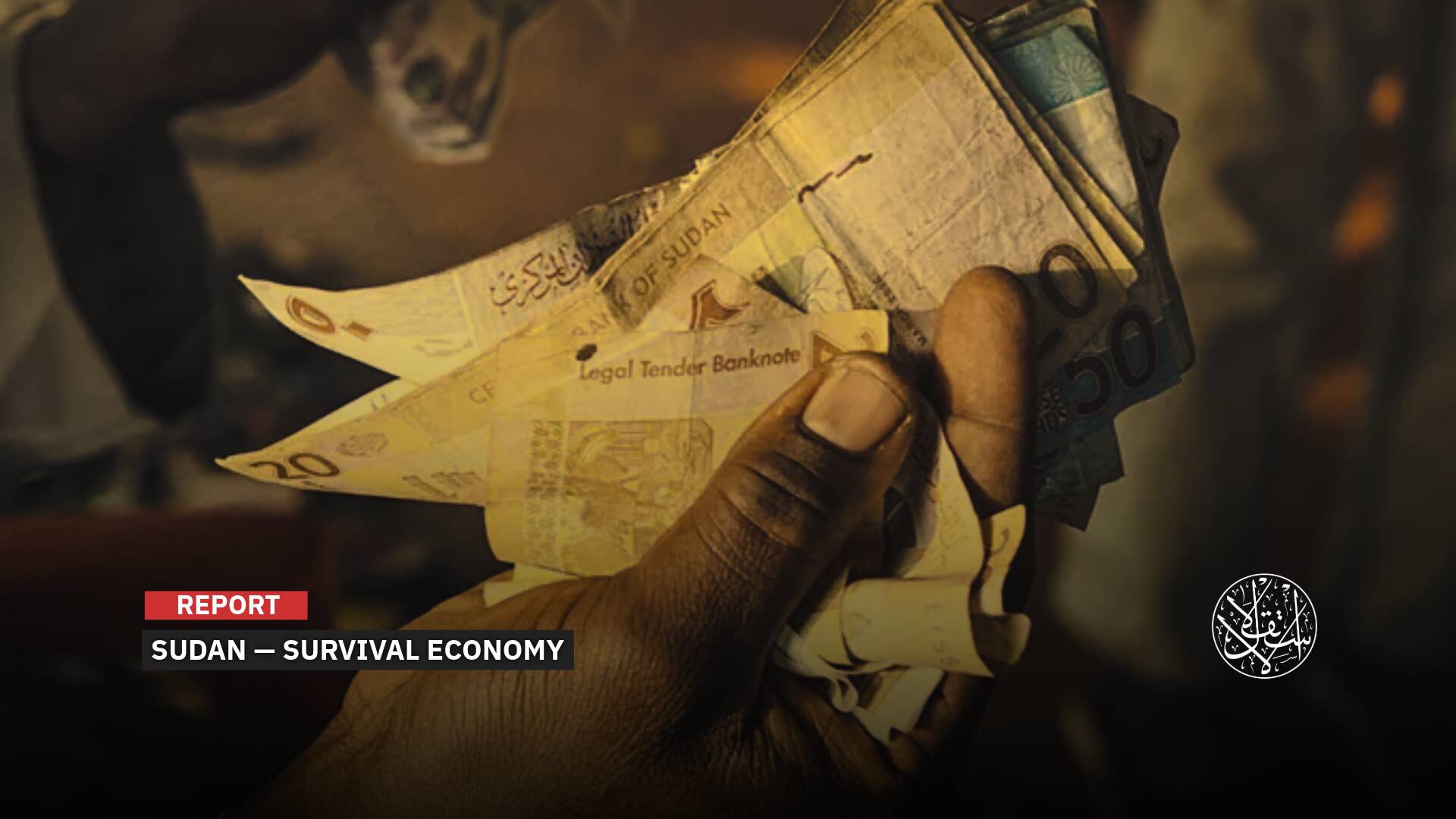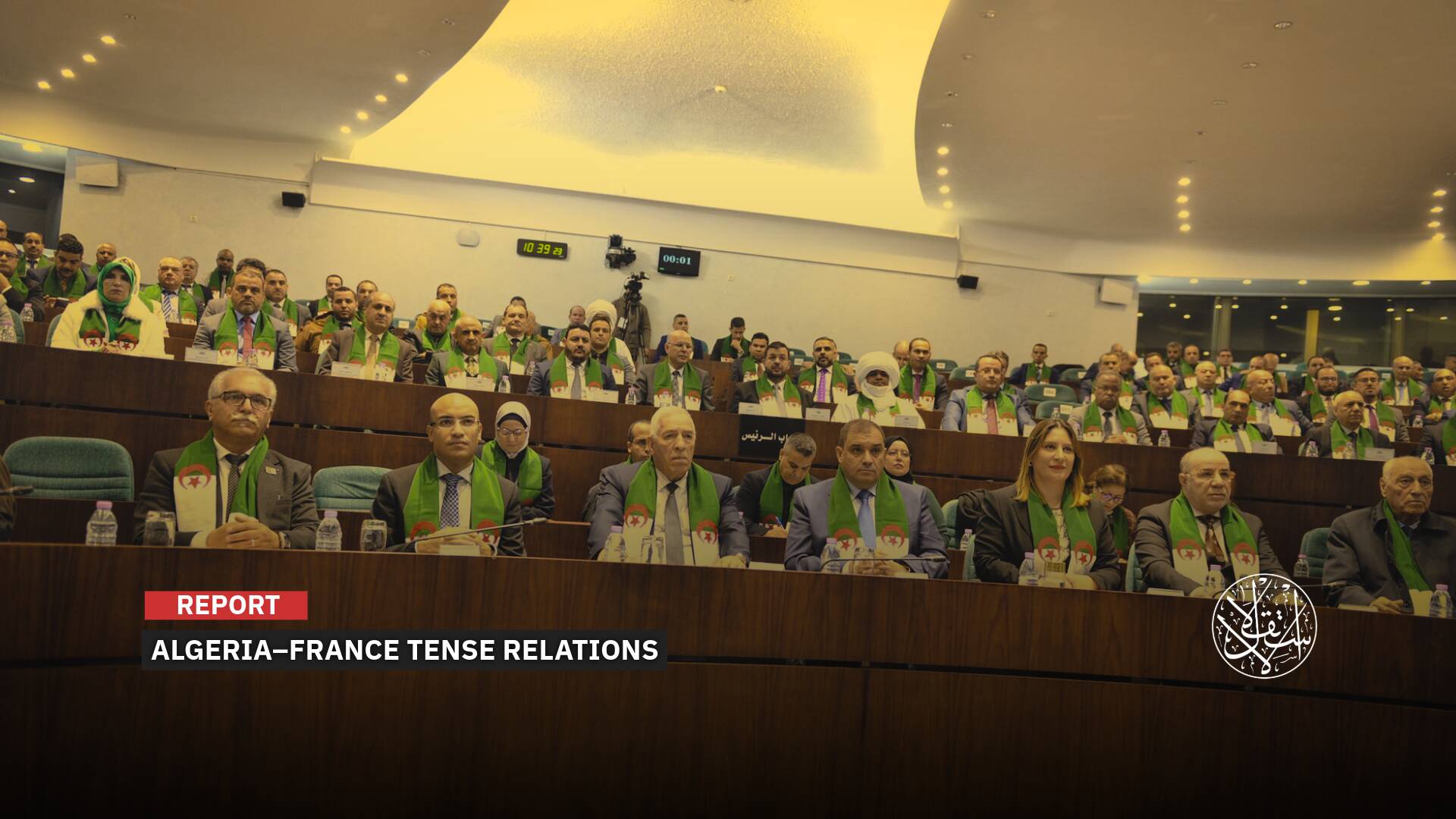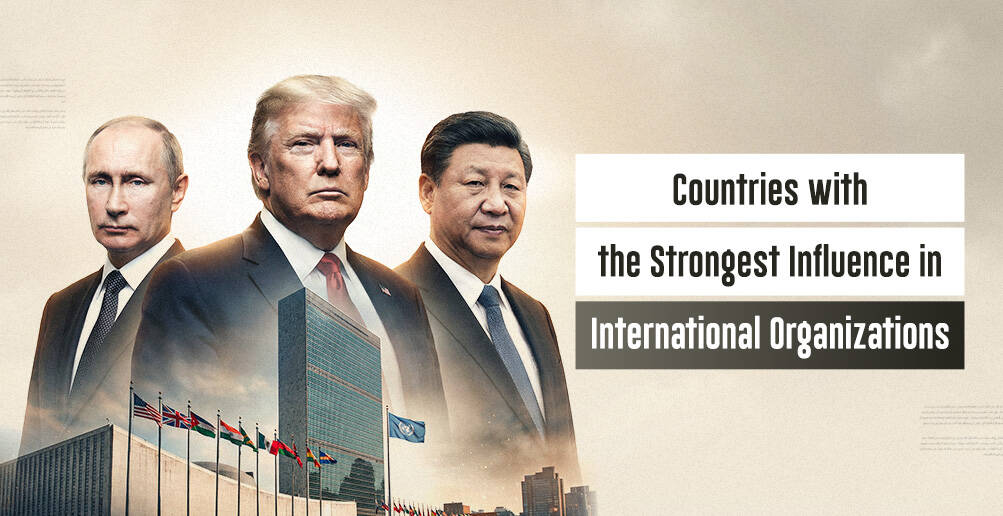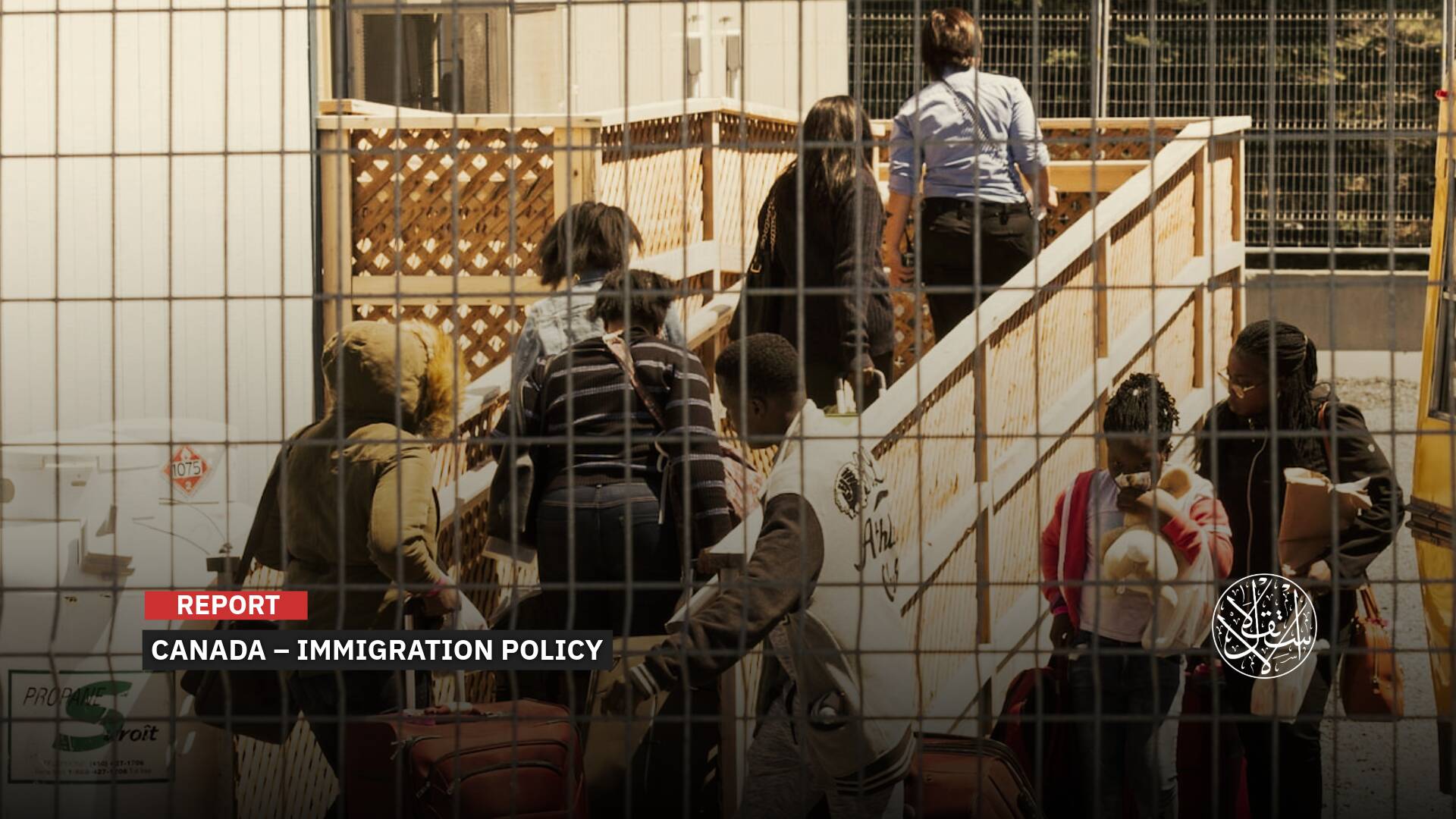This Is What Le Pen's Victory Would Mean

Emmanuel Macron will face far-right candidate Marine Le Pen in the second round on 24 April after securing 27,84% and 23,15% respectively. Since the first round electoral vote numbers between Macron and Le Pen were close, the race will be tight, and Le Pen victory remains possible. Questions raised about the possible outcomes of Le Pen’s victory.
The French newspaper Liberation summed up the Marine Le Pen project in three elements: First an Exit from the Schengen space, second a disruption of the Franco-German alliance, and third an alliance with Putin and his proxies.
From the same perspective, Le Monde newspaper in Alain Frachon’s editorial explained that the far-right presidential candidate's foreign policy could weaken the European Union and France’s transatlantic ties.
The newspaper added that Le Pen's victory in the French presidential election would be a relief for Russian President Vladimir Putin. Despite some recent tactical changes, the diplomacy that Le Pen has advocated for aligns, in essence, with what the Soviet Union has always wanted, and what Putin's Russia has wanted since 2011, which is to weaken the European Union and the transatlantic ties that unite Europeans economically and strategically.
The American political scholar Ian Bremer considered that Marine Le Pen represented Putin's best card to divide the West. Le Pen's plans and policies are ringing alarm bells in Brussels. Most of her proposals, if implemented, could undermine EU law and threaten the single market.
Dead End
The Times expected that Le Pen's plans would meet with opposition at home and abroad if she wins the French presidency.
The newspaper stressed that Le Pen’s popularity was related to her promises to increase the incomes, and to restore France’s position on the international scene, as well as to prioritize French citizens over immigrants in matters of housing, employment and social care.
However, the French Employers' Association warns that if implemented, these plans are liable to cause a sharp and unfunded increase in public spending that will lead the French state to a dead end.
Le Pen plans to implement a long list of economic changes, including reducing the value-added tax on fuel from 20 percent to 5.5 percent, and exempting anyone under 30 from income tax.
The far-right candidate aims to take a number of measures, and amend the constitution, if necessary, in order to strengthen the rights of French citizens at the expense of non-citizens living in France, especially with regard to social housing services.
The Times concluded that if Marine Le Pen wins the presidency, she will spend most of her first 100 days in office facing obstacles, whether in the French Parliament or in Brussels, in addition to the difficulties she will find in convincing the talents by joining her government.
Unstable Society
Le Pen's agenda on immigration and Islam will threaten the social stability in France. The Financial Times pointed out that: “Le Pen's stances on Islam and immigration are a danger to the stability of society.”
The newspaper stated that if Macron wins, he will be the first French president to win a second term since Jacques Chirac in 2002, and with his new mandate he will be in a strong position to advance his ambitions for France and the European Union.
However, if Le Pen wins, it will be a political shockwave similar to Brexit and Donald Trump’s victory in 2016. The victory of an ardent nationalist and Eurosceptic would put the future of the European Union in stake.
Le Pen's winning of voters' confidence shows that her efforts to soften her image were successful. She has softened her gesture and rhetoric style. She smiles a lot, speaks calmly, and has mastered the art of speaking in a logical way. All this will not change her domestic or international agenda, which are still dangerous and incoherent internally, the Financial Times emphasized.
During the first round held on April 10, 57% of voters decided to choose between the far-right or the far-left candidates. These days, Le Pen rejects the label "alt-right" and insists, like Macron, that she is neither right nor left.
She shrewdly focused her election campaign on the economic dimension and the high cost of life, and presented herself as a defender of the interests of the struggling working class, and Macron as the protector of the rich elite.
Le Pen's domestic and international policy suffers from contradictions. At home, she proposes a mixture of classic populist politics of high expenditures, low taxes and early retirement, which are accompanied by protections and restrictions against foreign workers.
The Financial Times stated that these days Le Pen no longer talks about “Frexite” or France’s exit from the European Union, but her proposals about giving French laws priority over European Union laws are a call to leave, but with a different name.
Moreover, the policy of favoring national labor and industry, if implemented, would be incompatible with the single European market.
Stop Le Pen
In an interview with Al-Estiklal, the political analyst, the expert on international relations and the Human Right activist in France Smail Khalafallah said: “Although many voters do not want to vote for Macron, they feel the urgent need to vote in order to stop Le Pen. The difference between Macron and Le Pen in the first round was minimal, which means that Le Pen's victory is likely, and its consequences will be very bad for Muslims and immigrants in the first place, and for all the French community in a second place. French citizens are afraid of Le Pen’s new policies, mainly the policy of closure and tension with Europe.”
He added: “Therefore, demonstrations roamed various French cities against Le Pen. More than 70 professional organizations and unions called for the demonstrations that took place on Sunday in various French cities.”
He emphasized that Le Pen’s ideology threatens the values of France. The extreme right and its leader Le Pen are violating the crucial elements of French democracy. Equality, fraternity and the values of social justice on which the French state is based are at stake today. Right-wing programs eliminate these values completely.
He explained that the second fear-generating element in Le Pen’s program was her way to deal with the Ukrainian crisis. The European Union wants to unite against any external aggression, especially the Russian one. As for Le Pen's policy, it seeks to divide and isolate France from its European allies, erasing the unity project.















